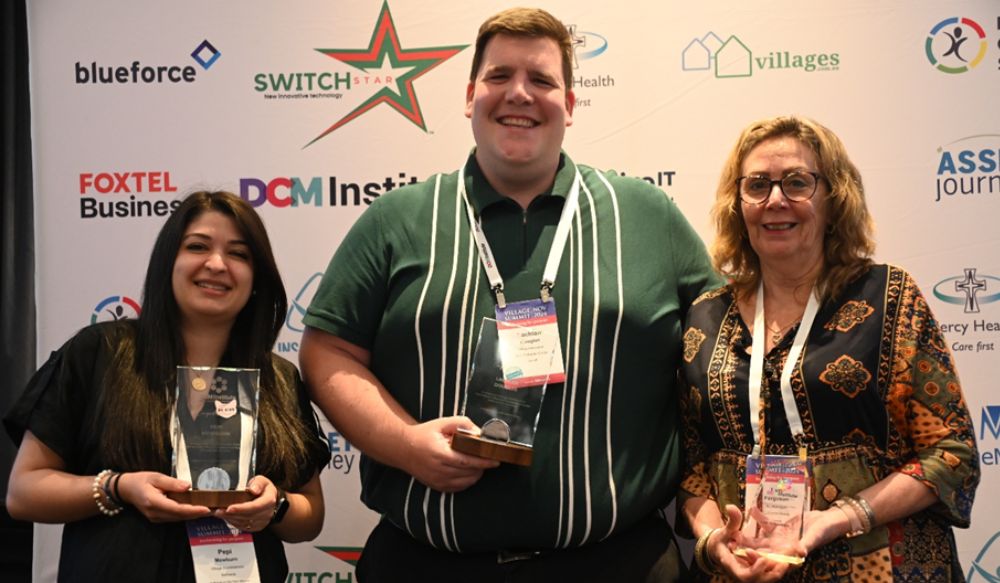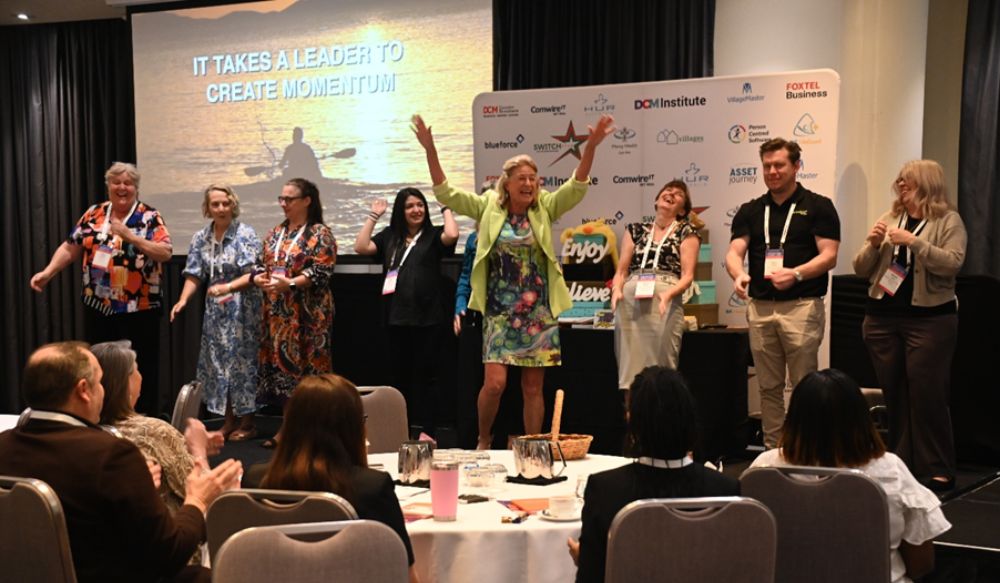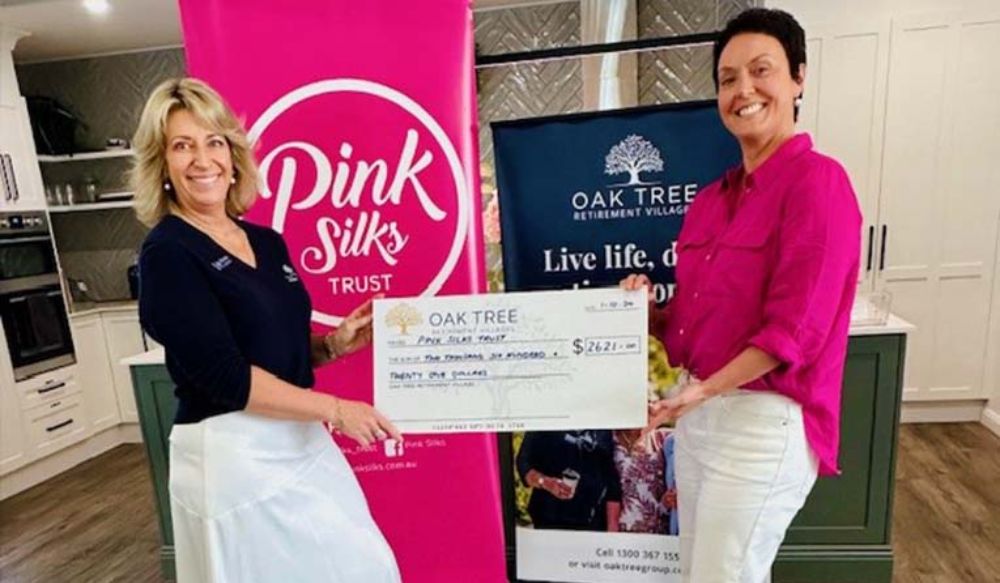
The Silent Struggle: Speaking Up about Scams
- Categories Key things to help you everyday, Uncategorized
- Date September 5, 2024
Earlier this week we hosted a networking event for village professionals. One of the main topics of conversation was scammers targeting retirement village residents.
One village manager spoke of how a resident was targeted by an elaborate scheme which saw a significant amount of money taken from her over a period of weeks. All the while she was being tricked and strung along by the scammers.
This story was being shared with us the week after ‘scams awareness week’, which encourages us to speak up and share and report scams in order to help others.
The interesting word in all of this is ‘speak up’.
To find yourself victim of a scam is not something a person is likely to own up to.
It’s not just about the embarrassment or shame of being deceived—it’s the fear of judgment, of being seen as vulnerable or incapable.
For older Australians, this fear can be even more pronounced. Many have spent their lives being independent, managing their finances, and looking after themselves and their families. To admit that they’ve been tricked can feel like a betrayal of everything they’ve worked so hard to maintain.
But here’s the reality: scams are becoming more sophisticated each year. Gone are the days of winning the Lotto overseas, or having some Nigerian Prince want to shower you with money. Now the scams can be text messages from FedEx to confirm a delivery, or asking for a deposit to secure a puppy.
The challenge is that older Australians often find themselves on the frontlines of these attacks, simply because they are perceived as easier targets. They might be less familiar with the latest technology, or perhaps more trusting of people who appear to be in positions of authority.
So, how do we help older Australians?
This was the question we posed to those who joined us earlier in the week. How do we help our residents?
What as reassuring to hear was the number of activities going on around villages to either support the victims of scams within villages, or to increase resident awareness of scams – as they get more and more sophisticated each year.
The conversation we had was about creating an environment where speaking up is not only encouraged but normalised. Village managers, family members, and friends all have a role to play in allowing residents to feel safe to share their experiences without fear of ridicule.
We also need to shift the narrative. Speaking up about a scam isn’t a sign of weakness; it’s a sign of strength. It takes courage to admit that something has gone wrong, and even more so to share that experience with others to protect them from the same fate.
The truth is, these conversations are vital. They shed light on the tactics scammers use, making it harder for these criminals to operate in the shadows. By sharing stories, we empower others with knowledge and the confidence to recognise and report suspicious activities.
But beyond reporting, speaking up is about reclaiming power. It’s a way for older Australians to take back control from those who seek to exploit them. It’s about building a community of resilience where no one has to face these challenges alone.

For more information
Scamwatch is run by the National Anti-Scam Centre to collect reports about scams to help us warn others and to take action to stop scams. They also provide up-to-date information to help you spot and avoid scams, and resources such as ‘the Little Black Book of Scams’ that can be provided to residents to increase their awareness.
Visit scamwatch.gov.au.
Tag:Older Australians, scams
Australia's largest professional development for village and community manager and head office staff.
You may also like

More professionals reach great heights at Village Summit

“What a fabulous line up of presenters”

